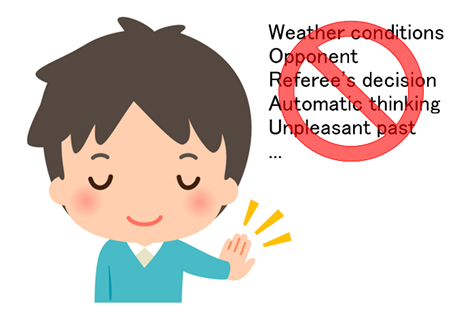A02. The fight-or-flight stress response
- Professor M

- Jan 12, 2025
- 1 min read
Updated: Jan 24, 2025
Important games are very stressful, and for athletes, stress is something they cannot do without. Stress means a distortion from a natural state. And the thing that causes the distortion is called a stressor. And the reaction to a stressor is called the "primitive anxiety response," which causes a fight-or-flight response . In other words, you are in a state of preparation to either fight or flee from the stressor .

For example, suppose there is a lion nearby. You are unsure whether to fight or run away from the lion. Either way, when the lion, which is a stressor, moves, you must immediately sense it and fight or run away. To do this, the sympathetic nerves of the autonomic nervous system become active and the adrenaline concentration in the body rises . This puts you in a state of arousal , and your muscles contract and tense up so that you can stretch your limbs and move immediately. Then, your breathing speeds up to take in oxygen so that those muscles can be active, and your blood pressure and pulse rate increase to transport energy to the muscles . Your senses also become sensitive because you have to notice even the slightest sounds and smells that the lion makes. As the match approaches, you become more stressed, and you show primitive anxiety reactions such as not being able to sleep, thinking about various things, clenching your hands tensely for some reason, and your heart beating for some reason, just as if there was a lion nearby.


